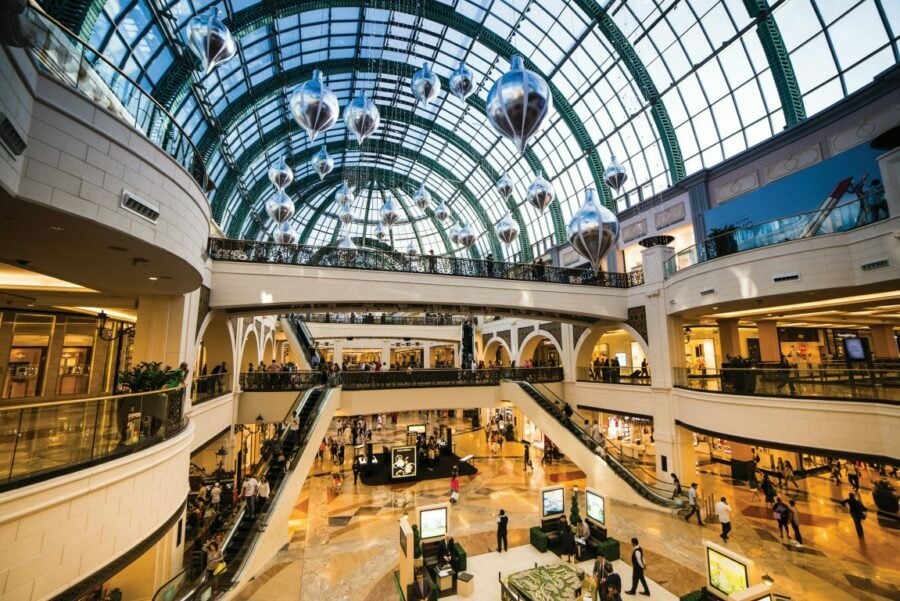Over the last 24 months, the UAE has been witnessing a remarkable transformation and a massive economic recovery.
Despite this, the country will continue to face some challenges this year, particularly in terms of supply chains, price pressures, and the likelihood of higher interest rates. The fundamentals, however, remain solid, according to the most recent data.
UAE’s Majid Al Futtaim, the holding company that owns shopping malls, retail stores, and entertainment venues across the Middle East and North Africa (MENA), released the latest edition of its quarterly report, “The State of the UAE Retail Economy,” which examines the most important economic data and trends in the county, including patterns of consumer behavior, spending habits, and opinions.
Increase in consumer spending
The report reveals that consumer spending in retail stores in the UAE increased by 14 percent in Q1 of 2022 compared to the same period in 2019, suggesting that the country’s economy is still recovering in the post-pandemic era.
The findings show a return to flexibility, confidence, and stability, as well as growth rates that are higher than they were before the pandemic.
However, despite the ongoing economic recovery, issues such as inflation persist.
The price hike, on the other hand, had no effect on consumer confidence in the market, with 89 percent of respondents in Majid Al Futtaim’s Happiness Lab study expressing optimism.
During the month of Ramadan, the same survey predicted an increase in spending on food and beverages, with groceries topping the list of anticipated increased family expenses.
Consumer spending and higher tourist numbers are predicted to boost the non-oil economy by 3.9 percent this year. In 2022, the economy as a whole is predicted to rise by 6.2 percent.
Online retail spending tripled in Q1 of 2022 compared to the first three months of 2019, particularly in the food and beverage and hypermarket/supermarket segments.
E-commerce accounted for 11 percent of total retail spending during Q1, compared to 5 percent before the pandemic.
Hotels report increased demand
From October to March, UAE hotels reported increased demand, as well as better daily performance and income per available room, driven in part by the success of Expo 2020.
In February and March, UAE hotels also had the world’s highest occupancy rate for four weeks in a row, peaking at 85 percent in mid-March.
According to the research, the government’s continued focus on managing the pandemic and its launch of a set of initiatives will support the predicted growth in 2022.
The report also demonstrated that industries, sectors, and companies have quickly adapted to new ways of working, resulting in new consumer trends and demands based on innovation.
Most sectors of the retail economy grew in Q1 of 2022, with general retail categories such as food and beverages, pharmacy, health, hotels, duty-free, electronics, and home furnishings increasing by 19 percent compared to the previous three months.
Spending in hypermarkets and supermarkets increased by 10 percent in Q1 of January-March 2019 and accounted for 24 percent of retail spending growth.
In addition, spending on non-luxury categories and accessories, as well as watches and jewelry, boosted sales by 15 percent in Q1 compared to the previous three years.
UAE’s real estate market
Meanwhile, the survey predicted that the UAE real estate market would expand, as the total value of real estate sales in Dubai grew to 16.4 billion dirhams ($ 4.5 billion) in February, up 124 percent from the same month in 2021.
More than 6,300 transactions were recorded in April, an increase of 70 percent over the previous year.








